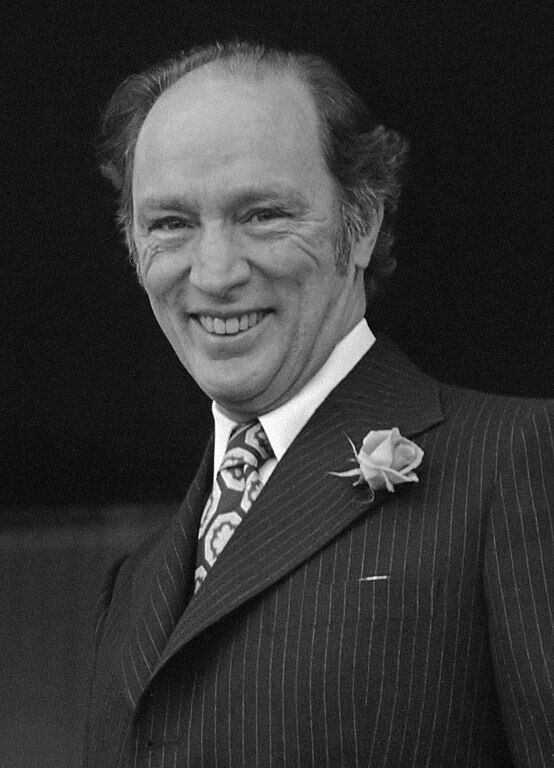The Ligue des droits et libertés was co-founded at the start of the Quiet Revolution by Pierre Elliott Trudeau and Thérèse Casgrain.


Thérèse Casgrain was a politician known for her commitment to reforming Quebec. She was an important activist who campaigned for women’s rights and universal human rights. She helped revive women’s suffrage in 1940 and was also the first female leader of a political party in Canada, the Parti social démocratique du Québec, between 1951 and 1957. She left an important legacy in the public sector, as well as in the fields of health, education and employment.
Pierre Elliott Trudeau was one of Canada’s most influential politicians of the second half of the 20th century. He was elected Prime Minister three times, led the country from 1968 to 1984 and modernized social spheres. He legalized divorce, abortion and homosexuality. He also abolished the death penalty. His son, Justin Trudeau, was elected Prime Minister of Canada in 2015.
In Quebec, the new Ligue des droits et libertés was tasked with drafting the Quebec Charter of Human Rights and Freedoms, a charter that aligned with the economic values and social solidarity of the government of that time.
Adopted in 1975, the Quebec Charter of Human Rights and Freedoms had a unique socioeconomic element. Among other things, it protected the interests of children and gave spouses equal rights. It also stipulated that every person must come to the aid of anyone whose life is in peril and prohibited discrimination based on gender, religion, pregnancy or disability.
Discrimination is the unjust or prejudicial treatment of different categories of people based on ethnicity, name, gender, physical appearance, religion or group membership. Any person who is treated unfairly because of who they are is a victim of discrimination.